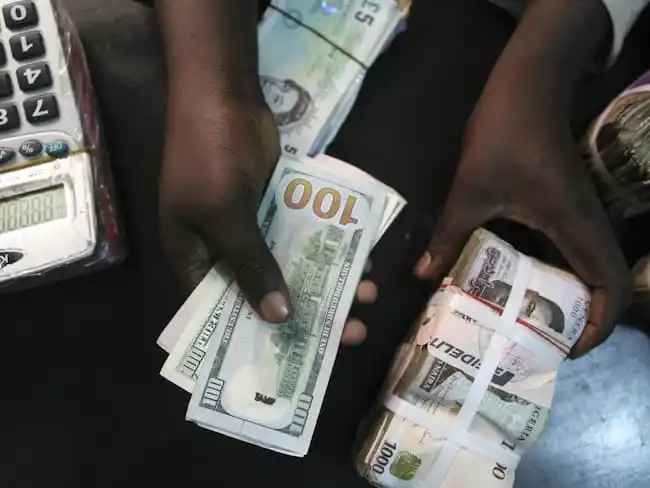In the foreign exchange market, the naira lost 0.13% of its value in relation to the US dollar as FX liquidity remained low. The naira depreciated by 0.13% from the previous session, closing at ₦1,611.40 per US dollar, according to data from the FMDQ website.
The FX demand for invisible payments increased once more, and the naira ended the day at an average of N1,576 per US dollar on the parallel market. Crude oil fell on the international commodities market as traders seemed unconcerned about the possibility that Israel and the group Hezbollah, which is supported by Iran, would go to war.
West Texas Intermediate (WTI) prices dropped by 1.71% to $75.84, while Brent prices fell by 1.61% to $79.82. In addition, the price of an ounce of gold dropped by 0.21% to $2,376.10.
Nigeria’s foreign reserves climbed to $36.506 billion due to sustained inflows from various sources, including revenue accrued from NNPCL trades, among others.
The Domestic and Foreign Portfolio Report of the Nigerian Exchange (NGX) showed that total transactions in the domestic equities market contracted marginally by 0.2% to N354.55 billion in June from N355.38 billion.
Analysts highlighted that foreign investors primarily drove the decline in the review period. Foreign inflows, which accounted for 23.2% of market transactions, dropped by 33.9% to N82.19 billion from N124.28 billion in May.
The decline was attributed to weakening investors’ sentiments, primarily due to renewed FX liquidity constraints. Meanwhile, domestic transactions increased by 17.9% to N272.36 billion from N231.10 billion in May 2024.
The surge was supported by a 34.7% and 0.4% surge across institutional and retail investors, respectively. Analysts noted that foreign portfolio investors (FPIs) who have exhibited a lackluster interest in domestic equities are likely to remain on the sidelines due to sustained FX liquidity challenges and elevated interest rates in advanced countries.













